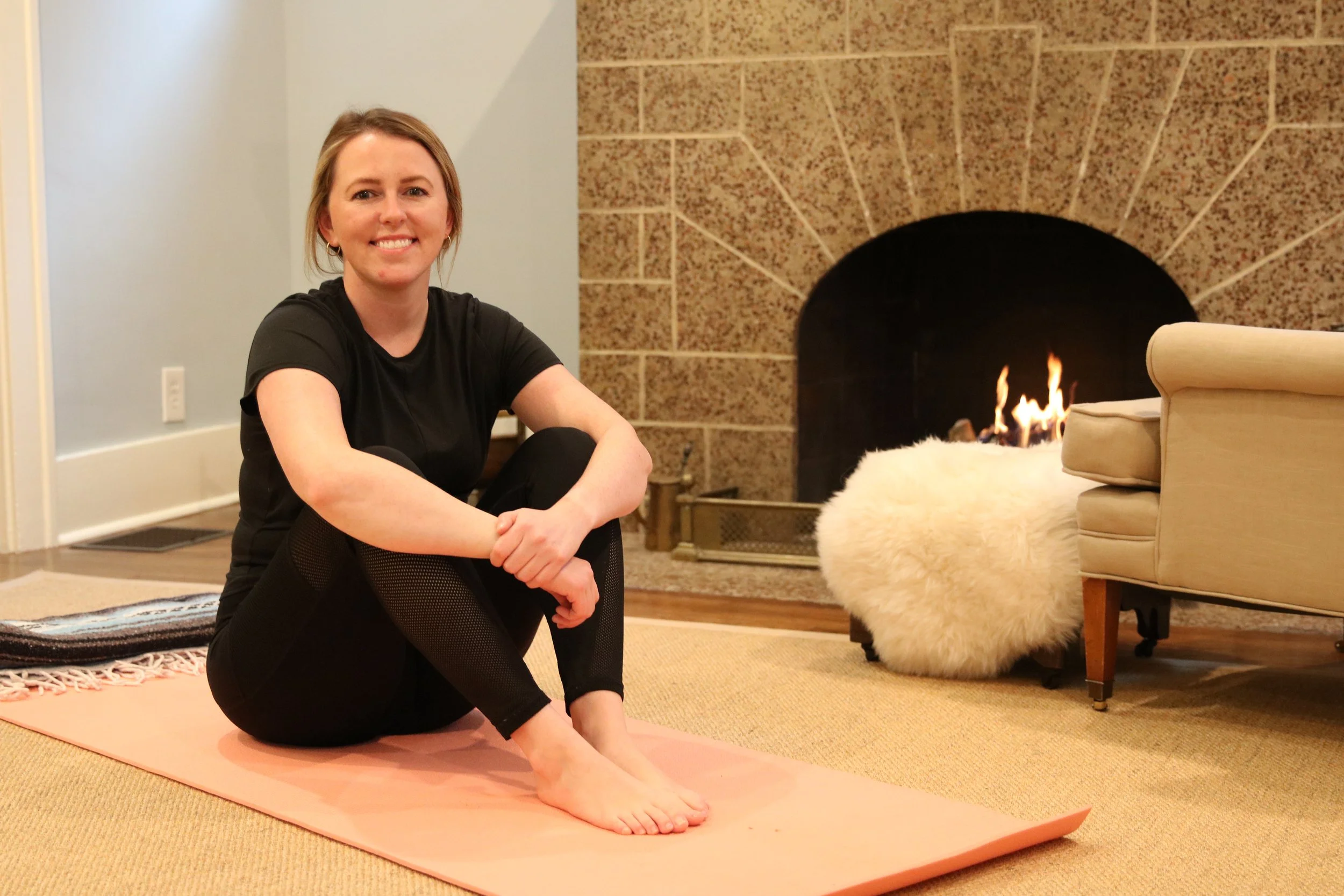Food Allergy Q&A with Martha Morgan
Being diagnosed with a food allergy can be a confusing and frustrating time for people and their loved ones. That’s why I wanted to talk with my friend, Martha Morgan, about finding a healthy relationship with food when living with food allergies. If you don’t see your question asked, reach out to Martha. She’s a great resource.
About Martha Morgan
Martha Morgan is a Specialty Diet & Allergy Chef and the creator of Allergy Dragon.
Chef Martha started cooking in restaurants with her first job at 16 years of age; in 2014, she switched to institutional food services in a health care setting and created Allergy Dragon officially in 2019. Chef Martha has now been cooking professionally for a total of 28 years.
In 2003 she became a reluctant food allergy chef due to her youngest child’s first anaphylactic reaction at 9 months old- due to strawberries. Their allergy list has now grown to 33 food allergies. In 2009, Martha became a gluten-free chef due to her and two of her children’s Celiac disease diagnoses. Recently Chef Martha was selected to be a member of the Community Advisory Board at CFAAR, the Center for Food Allergy and Asthma Research which is part of Northwestern Medicine Feinberg School of Medicine in Chicago.
Martha has made it her mission to advocate for Food Allergies and Celiac disease and share her belief that everyone deserves to eat delicious food. Chef Martha Created Allergy Dragon to help bridge the gap between safe and delicious food. Through Allergy Dragon, she can provide company and individual consulting for everything in the Kitchen.
Q&A with Martha Morgan
I assume that it can be frustrating to discover that you have a food allergy. Do you find it normal to go through that frustration? Is it important to allow yourself to feel that frustration and work through it?
Yes, Yes, and Yes! I can speak from my personal experience as well as what people have shared with me, that more than just frustrating, it is shocking, scary, and completely life-altering when you are diagnosed with a food allergy.
In our case, we had never experienced food allergies firsthand. I was told not to feed my youngest peanuts, tree nuts, and strawberries, good luck.
Really, it was that. No one to tell me, or help me, Heck food allergy labeling as we know it today was not passed until 2004 and went into implementation in 2005.
My youngest child was 9 months old [at the time of diagnosis], and it was 2003. So I was all over the place with those emotions, and then I ended up being diagnosed with adult-onset food allergies.
The one I was in denial about the most was chocolate. It can't be right, I have been eating it all my life!??! Unfortunately, I am anaphylactic to chocolate.
I think you have to just allow yourself to have a meltdown and really kinda mourn how things were before the food allergy diagnoses. Heck, even if you are like my child that has had them all your life.
I think you have to feel almost anger or envy that you are not like everyone else. I think frustrating is almost not descriptive enough to encase how the diagnoses can affect you.
What do you think about "at-home" food allergy or food sensitivity testing? Do you think that is just a trend?
I think at-home food allergy or food sensitivity testing without the guidance of a doctor is not completely accurate.
Simply put, currently, the way I understand it, you have to have a positive scratch test or a blood IGE test in combination with a reaction from eating the food to be diagnosed with a food allergy,
In some cases, you can do an elimination diet and reintroduce the suspected foods to guide your reaction. Some test results may have to have a food challenge in a controlled setting, for example, the allergist's office. That way they can treat your reaction.
That is why, in my opinion, you should be under the care of an allergist or at least a doctor. My youngest has 33 food allergies and celiac disease.
As they have been growing up, we have had more than one set of testing done. We have had scratch testing, elimination diets, and food challenges in controlled settings.
Ironically they decided to do an at-home mail-in test that used their hair to test for the IGE levels. Interestingly, some allergies that showed up were accurate with their diagnoses, but it was more concerning for those that didn't.
I do plan to do an entire blog post on it on my blog in the future. I honestly don't think it is a trend.
I think more people will try to use the tests to save money. People, especially adults, see it as a way to save money, and who can blame them? Health care is expensive.
I tell you, what is even more expensive in my opinion is buying allergy-friendly food when you don't have to.
If you have something you wholeheartedly love and then find out you are allergic to it, how do you find alternatives to satisfy that craving?
So let me go back to being allergic to chocolate...It completely sucks!! My youngest shares that one with me and so many more.
How about bacon?? My youngest can't eat bacon (allergic to pork).
Yep, again, it completely sucks! However, we realize our lives are more important than that brief taste. It still sucks!
I think I have made myself clear on that point. As far as satisfying that craving, let me tell you my belief: everyone deserves delicious food, no matter their dietary restrictions.
So, for a while, caramel was my substitute for chocolate, or my excuse to eat it anyway. I have also come up with some chocolate-like recipes.
I have figured out how to make turkey bacon taste more like regular bacon and be crispy. I think it helps to focus on what you can have versus what you can't.
Plus, don’t be scared to make mistakes in the kitchen or to check out allergydragon.com can help a great deal in finding those new favorites!
How can I or any other registered dietitian better support you and/or support the Food Allergy community?
I think you or other RDs can help people with food allergies by pointing them in the right direction for finding safe foods. Lots of times, people think RDs know everything and anything about food.
There are some RDs out there that know tons about food allergies and celiac disease. Some have just a basic idea. I think communicating precisely what you know as an RD helps your client, and if you need to, you can recommend them to someone else that knows more.
There are tons of hidden ingredients and different names for items on labels. For instance, I have had someone diagnosed with a corn allergy, and they were still having issues with allergic reactions. So we started going over foods and ingredients.
They don't realize distilled vinegar has corn in it, so all the condiments they were using were making them sick.
Sometimes it takes a village to help, so working together with people you trust can help your clients out a great deal.
The other thing I will say that will help the most is to listen, listen to us as we mourn our food loss, and learn to live this new allergy life.
What is the one thing I wish someone had told me when my allergy journey started?
I wish someone had told me to get a counselor or intuitive eating coach before I realized that we needed one.
There is anxiety and real fear when dealing with a food allergy diagnosis. You can develop an unhealthy relationship with food and need tools to help you through it.
Whether you are the caregiver, the person with the food allergy, or both, as in my case. You need someone to help you through this and who can deal with the bigger picture.
It is much more than just, “don't eat that food”.
Chat with Elizabeth
Elizabeth McIntyre is a Registered Dietitian helping people across live healthier and fuller lives. If you’re interested in finding your new appetite for balance, reach out to Elizabeth today.


